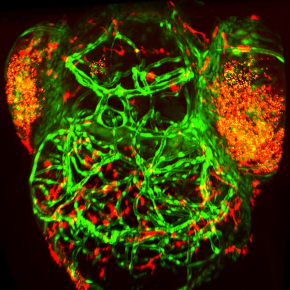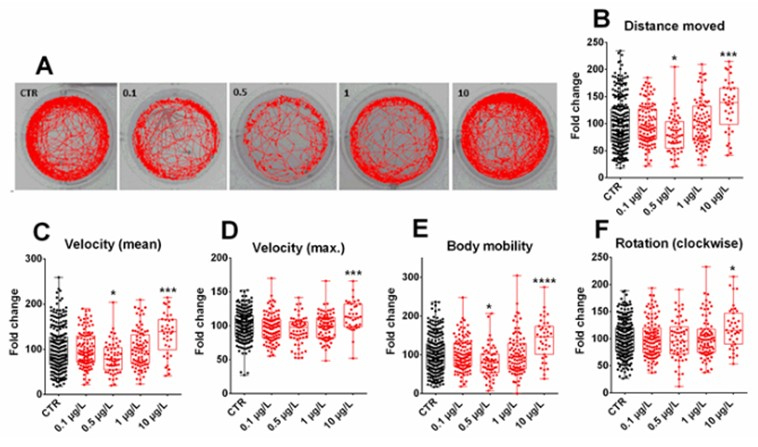Team Chris JOPLING
Cardiac Development, Disease and Regeneration
Project Humanised in vivo models
PRINCIPAL INVESTIGATOR

IGF staff involved
Chris JOPLING
CRCN INSERM

Currently it is costly for pharmaceutical companies to perform in vivo analysis to test for toxic side effects of novel pharmaceuticals. Furthermore, in vivo testing of environmental pollutants relies on extrapolating data from animal models to humans. Our aim is to bridge this gap by generating humanized zebrafish lines in which the zebrafish ortholog of a particular target gene is replaced with the human version. This will allow for high throughput screening of zebrafish larvae to determine whether the human gene product is affected resulting in an observable phenotype.
We are developing humanized zebrafish models in which the zebrafish ortholog of a particular gene is knocked out using CRISPR/Cas9 and replaced with the human version. Once the stable lines have been generated, they will undergo rigorous testing using known agonist/antagonists to ensure that a reliable phenotype can be observed.

Motor-behavioral trajectories following exposure to dose-range environmental contaminants. A) Example of video tracking following increasing levels of environmental contaminants in the water (here a pesticide cocktail). B-F) Motor parameters are automatically calculated, precisely defining the effect of contaminants on zebrafish larvae activity.
Collaborations
• Michel DeWaard (Nantes)


